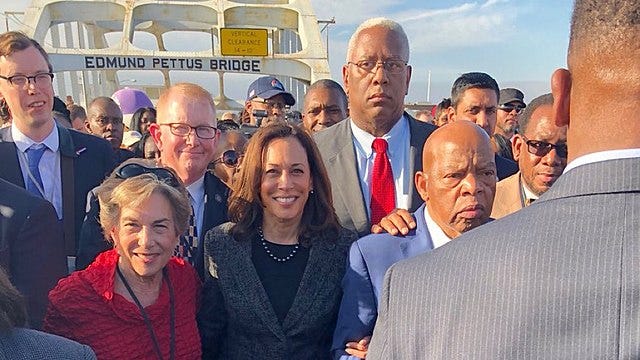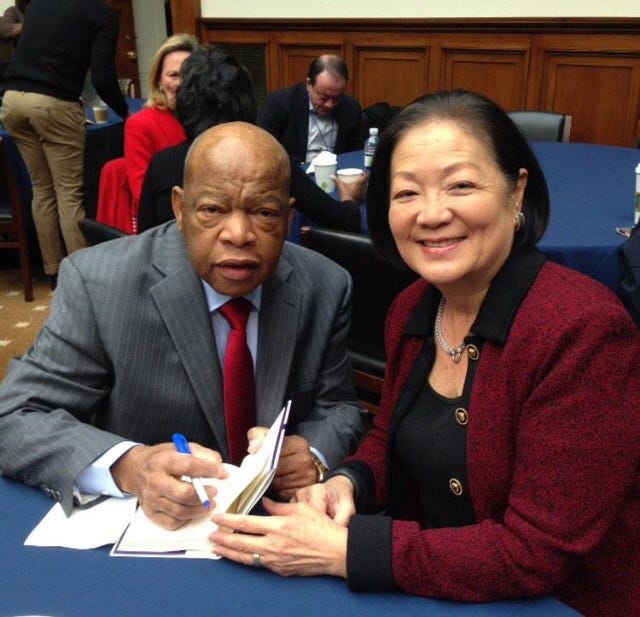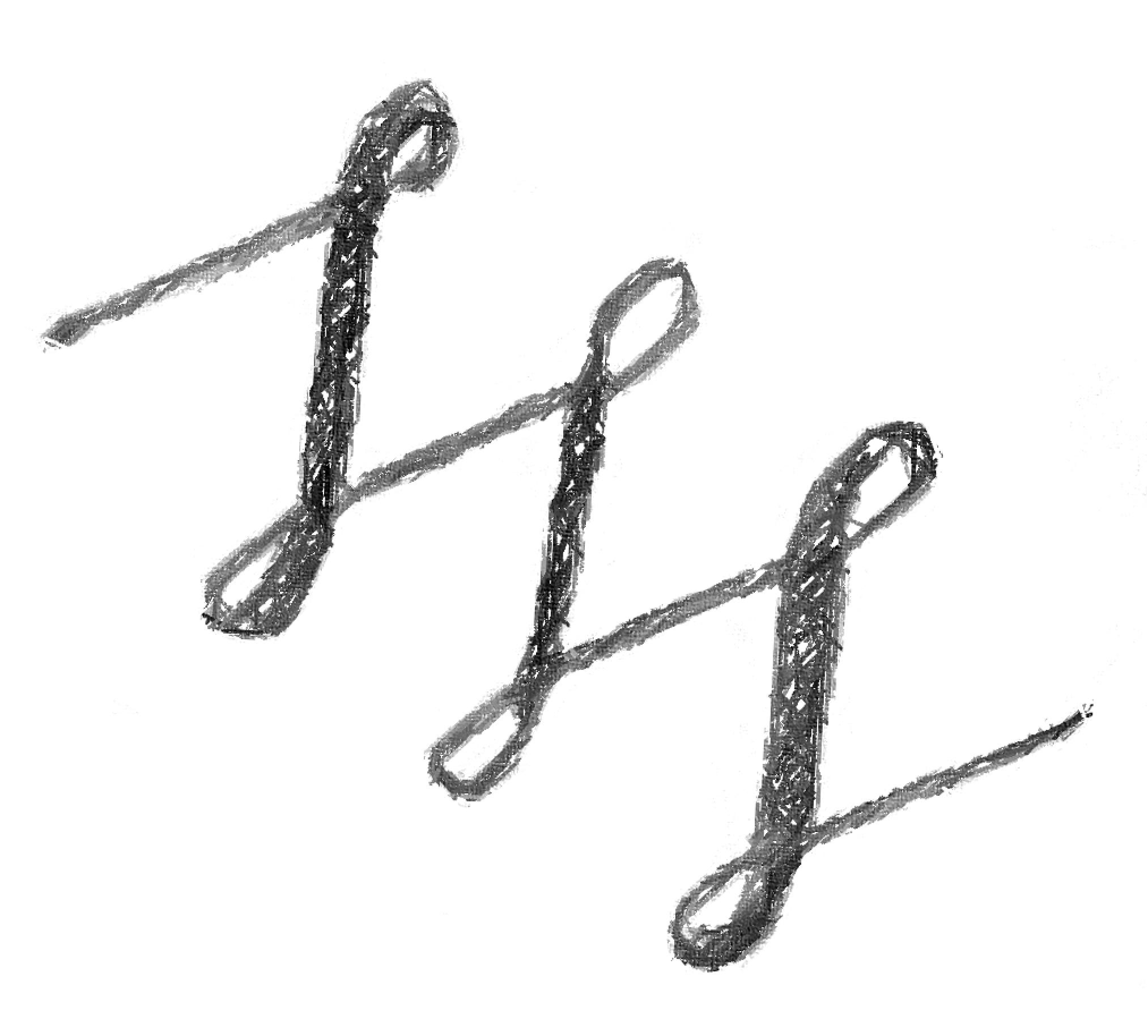Welcome to new subscribers and regular readers! Thank you for joining me for today’s song, “Good Trouble” by Leigh Nash, Ruby Amanfu, and Matt Maher. If you’d like to hear the song before you read about it, I’ve included a YouTube video below the article. Below, you’ll find my interpretation of the lyrics which are written in italics. For Japanese students, vocabulary words in bold are provided in Japanese below. TOEIC (PBT) 450+, Eiken 2, CEFR B1.
(457 words)
This song is about taking responsibility for ending racism. It’s about admitting that skin color gives privilege to some people but makes it difficult for others to share in that privilege.
The song begins with the White singer who understands that history has been kind to people with lighter skin color. At the same time, it has allowed—and even encouraged—injustice for others.
My skin is alabaster
And I understand what that means
There’s history in my color
And a burden in being this free
And the burden is the wall between you and me
The singer talks about some teachings from the Bible. Turning over tables is the story in which Jesus entered the temple, a holy place, and turned over the tables of the sellers and those who lent money to people.
But there’s a love that’s still turning over tables
Other passages show Jesus healing people with water, and making the blind see. The “blind” can be a metaphor for people who either don’t believe they have privilege or think that it’s good to somehow be above others.
And a love making blinded eyes see
There’s a healing that’s waiting in the water
Jesus was known to be a rebel, someone who challenged the social and religious rules at the time. He also did not agree with the oppressive government of the Romans.
That’s still making saints out of rebels
My God is still making good trouble
The Black singer sings of her experience with injustice. She has had to behave meekly. She’s been afraid to speak plainly, to give her own opinions or speak out because she had to be careful about how White people would react. Each cruelty, each wrong that was done to her, caused her pain.
I’ve grown tired of being so careful
About speaking my truth with soft words
Out on the streets I’m fearful
Even though inside I know my worth
But I’ll never give up even when it hurts
And still, she hopes for a brighter future. She hopes that, together, it will be possible for human beings to fight against those who hate and who want to separate us.
Even though we are all broken
There is a dream still worth holding
Let’s walk towards the fire
And push past the fear
And call hate a liar
Loud and clear
The phrase “Good trouble” was used by John Lewis. Lewis was one of the leaders of the march from Selma to Montgomery in 1965. Civil Rights supporters, Black and White, came together to demand that all citizens have the right to vote. During the march, police beat him and fractured his skull. He later went on to serve in the U.S government for 33 years.

What questions do you have about this song?
Which two new words would you like to remember?
Vocabulary
racism 人種差別
admit 認める
privilege 特権
injustice 不正
alabaster 雪花石膏
burden 重荷
temple 神殿
passage 文章
blind 盲目の
rebel (n.) 反逆者 (stress on the first syllable) rebel (v.) 反する(stress on the second syllable)
challenge 挑戦する
oppressive 抑圧的な
meekly 従順な
worth 価値
fracture 骨折
skull 頭蓋骨
Leigh Nash - “Good Trouble" with Ruby Amanfu
Video without lyrics
I believe that education should be free.
All of the articles about the songs will remain free for students to use. (We are all students, are we not?) However, if you find these articles useful and are in a position to make a small (or large) donation, I would be deeply grateful.
buymeacoffee.com/socialissuesinsong
英検2級 TOEIC CEFRB1
#history #music #protestsong #stopracism







I hope we can all make good trouble as a response to difficult times here in the US. I enjoy your song work, Louise. I bet you’re inspiring many through the power of song. —Kathy
I hope and pray today’s Good Trouble, in memory of John Lewis, makes a deep mark in the world against the anarchy present in several areas by shutting down the rules of power to regimes, corporations, and anti democrats. It’s up to the common folk to displace a king.